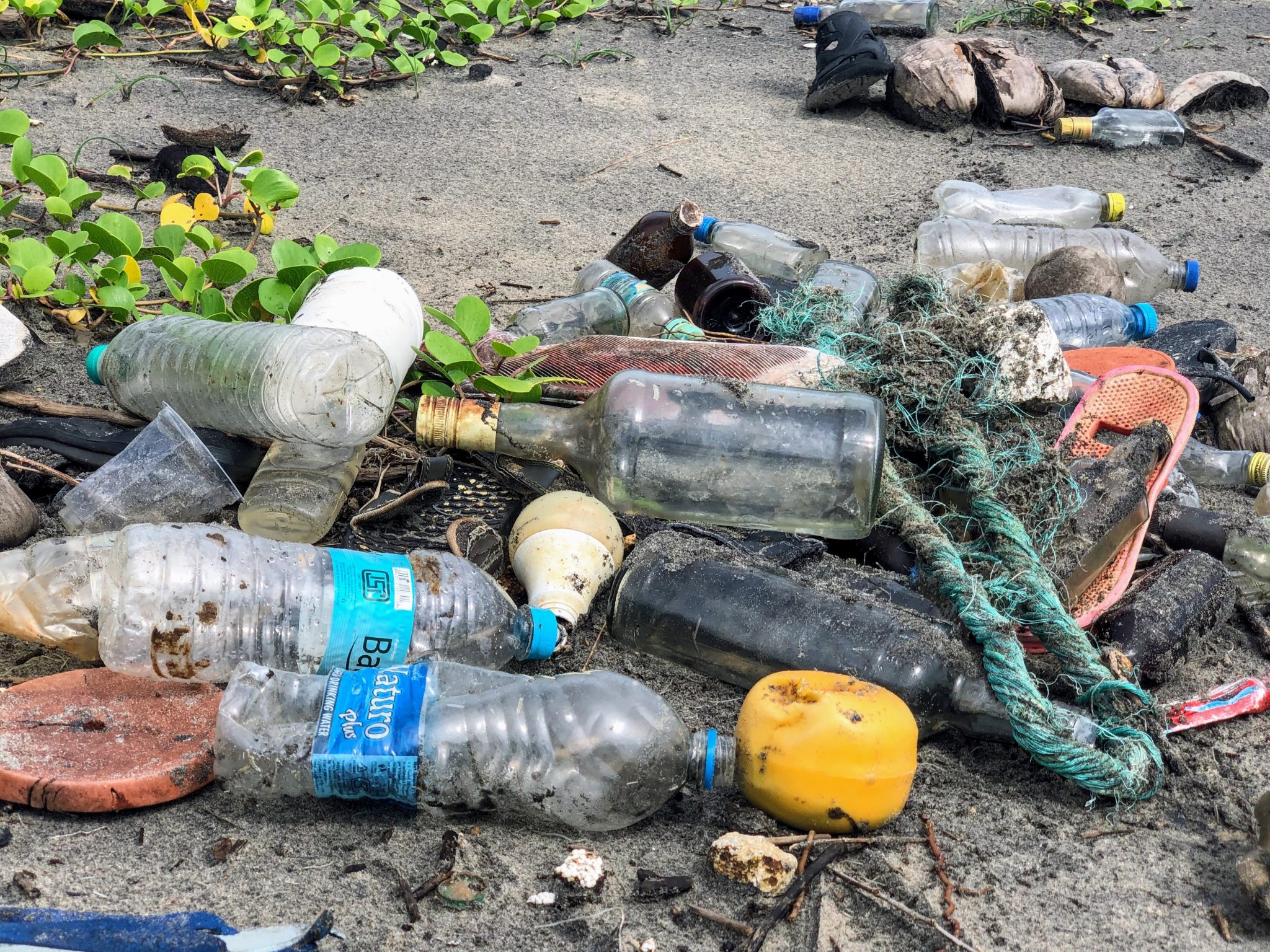The verdict is clear: the earth is changing. The questions that are debated are: 1) Are we the culprits and 2) Can we stop or reverse the changes? But these are only the surface questions. The underlying, often unstated questions are: 3) If we are the culprits, what are the top priorities to address and 4) how do we mobilize to create change?
So working through these questions….
- The science is profound – the earth goes through cycles over millions of years but also, we are speeding up our own demise. This duality though, creates confusion and argument and at the national level, also handicaps us from making changes. This is most pronounced in two areas – when those changes require individuals to do things that are inconvenient and when they require businesses to spend money or lose revenue. It means, we need to find ways to a) make individual changes easy and b) create new revenue streams for businesses that allow them to change course without cost, or at least minimize it

- The priorities are not clear – the reports and activists emphasize everything from fixing soil water absorption to dividing opportunities for our people to affecting military spending. When everything is a priority, nothing is a priority and more importantly, spending decisions get divided to the point of losing impact while individuals strive to ‘do the right thing’ but without being sure that what they are doing matters. We clarity in our messaging across the variety of goals.
- Defining the priorities requires deep understanding – with so many scientists and activists available to get involved, we have the opportunity to deep-dive into the key problems. However, we need a connecting agent that can both understand the science and make the difficult decisions about how to determine the top 5 issues for individuals and for businesses. The challenge is that it makes a leader unpopular – perhaps then the better goal is to triage. Rather than choosing what gets address, choose what gets addressed first.

- Mobilizing change has less to do with regulation and more to do with facilitation – When congress tries to regulate fairness, what results is more and more rules. When the nation chooses to work together and people or businesses choose on their own to make change, those changes are much more likely to be successful and sustained.
So the right questions are: 1) How do we clarify for individuals and businesses the easiest ways to make changes? 2) How do we clarify what to change first? And 3) How do we facilitate throughout the nation without focusing solely on regulation? This is how we focus our efforts and this is how we will better serve the nation connecting individuals to activists to businesses to scientists to government to the world. THAT is our goal. THAT is our mission.


